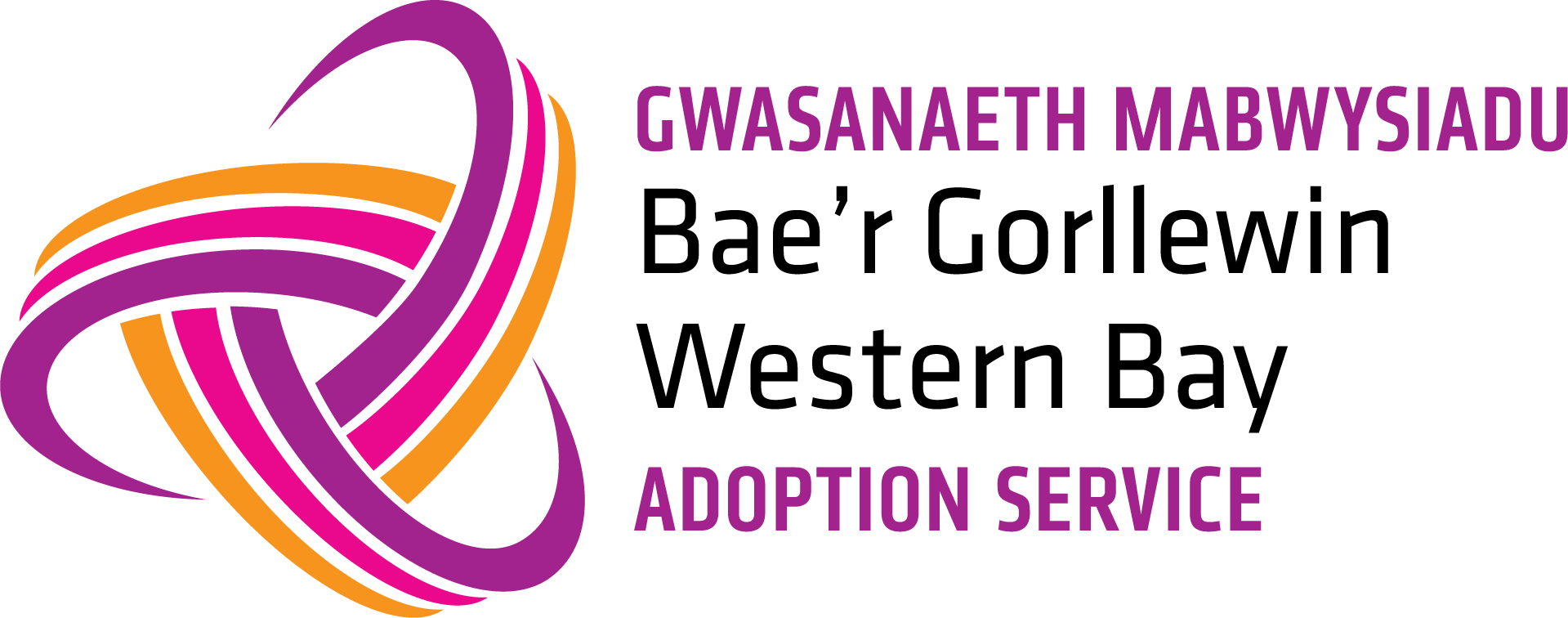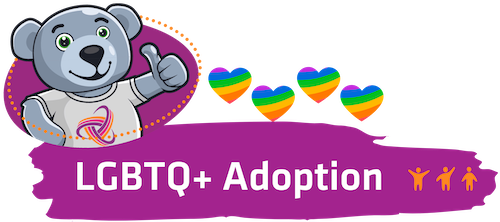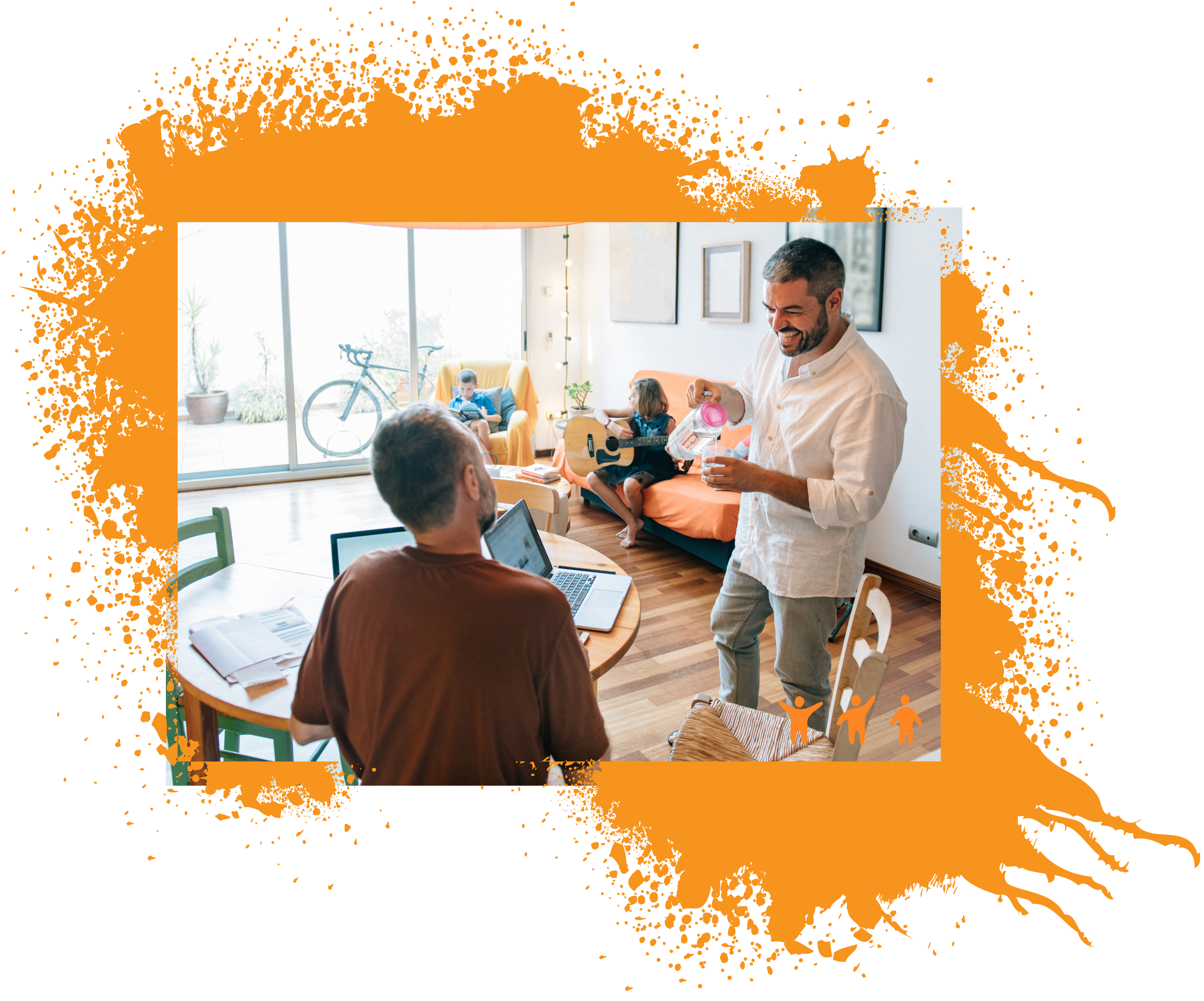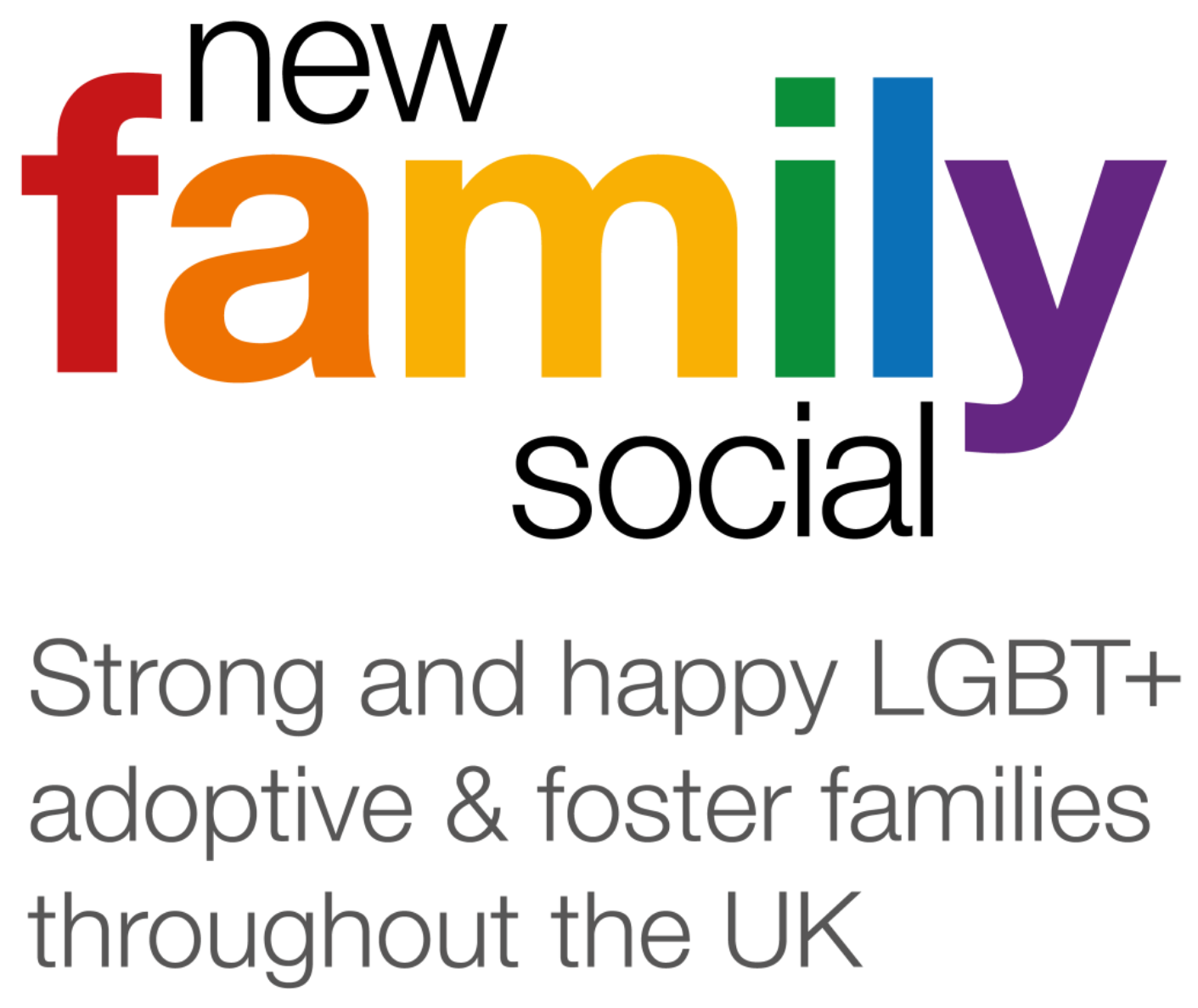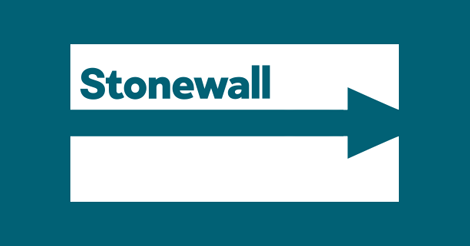All kinds of people adopt. What matters most is your ability to look after a child and provide a safe and stable home throughout their childhood and beyond.
Surprisingly, myths still exist around who can and can’t adopt. However, in reality there are very few restrictions to adopting. In fact, it’s easier to list what would automatically exclude you.
We are currently keen to hear from prospective adopters who are interested in adopting slightly older children, those with additional needs and sibling groups.
Try our new Adoption Checker tool here to find out if you’re suitable for adoption. The next step is to then attend one of our Virtual Information Sessions – you can book your place below.
Download our information pack for more on all of this, also please click the link below if you wish to find out more about Step Parent Adoption.
Adoption Checker
Welsh Early Years Permanence
We know how important it is for children who have been removed from their family to have stability as soon as possible, to experience safety and predictability with sensitive adults who help them recover. Often these children have to move multiple times whilst decisions are being made in the court about their future and this is hugely traumatic for them and adds to the distress and loss they have already experienced.
Welsh Early Permanence helps a child or children who have been removed from their family to achieve this stability as soon as possible and reduces the number of moves the child experiences.
It means that children are placed with Welsh Early Permanence carers, who are dually approved as both adopters and foster carers from as early a point as possible and before the plan for adoption has been confirmed by the court. If the court agrees a plan for adoption for the child, there will be a seamless transition without the child having to move from carers with whom they have formed a bond.
It is VITAL to note that when the child/baby is placed with you, that you are their foster carer and not adoptive parent of the little one. For example you would be unable to use the name ‘mum/dad’ and your wider family would not be ‘grandparents/aunts/uncles’. Your role is the foster carer, promoting contact with the child’s birth parents and working to the child’s plan that the local authority devises.
In a small number of cases, the court will make the decision that it is right for the child to return to parents or wider family members. This means that people who want to consider Welsh Early Permanence will have to manage some uncertainty whilst the courts make their decision, and we know that this won’t be right for everyone.
If you feel that you could manage this type of uncertainty so that these children don’t have to, and want to know more about Welsh Early Permanence, there’s lots more information available and people who would be happy to speak to you about it.

Here at Western Bay Adoption children are at the heart of everything we do. As can be seen in the myth busting video above adopters are judged solely on their ability to provide stable, loving homes to our children.
We welcome with open arms potential adopters from the LGBTQ+ community, in fact we’re pretty proud of our adopters who identify as LGBTQ+ and regularly use them to help us recruit more.
The Western Bay community is diverse and full of life and if you are thinking about adoption we can buddy you up with LGBTQ+ adopters who’ve been through where you are now, and offer a bit of insight when it’s needed. We also have a lot of experience within the team of LGBQTQ+ adoption so you will be in safe hands

Here’s some research taken from the First for Adoption website:
- The quality of parent-child relationships is just the same when children are adopted by lesbian or gay couples compared to heterosexual couples.
- Children’s psychological development and well-being is just the same when children are adopted by lesbian or gay couples compared to heterosexual couples.
- Lesbian and gay adopters are more likely than heterosexual adopters to have come to adoption as their first choice.
- Lesbian and gay adopters felt well equipped to help children deal with difference and that children would have advantages growing up of being tolerant of difference in others.
- Adopted children of lesbian and gay parents don’t experience greater problems at school and in peer relationships compared to children of heterosexual parents and bullying and teasing is rare.
Here’s some resources:
